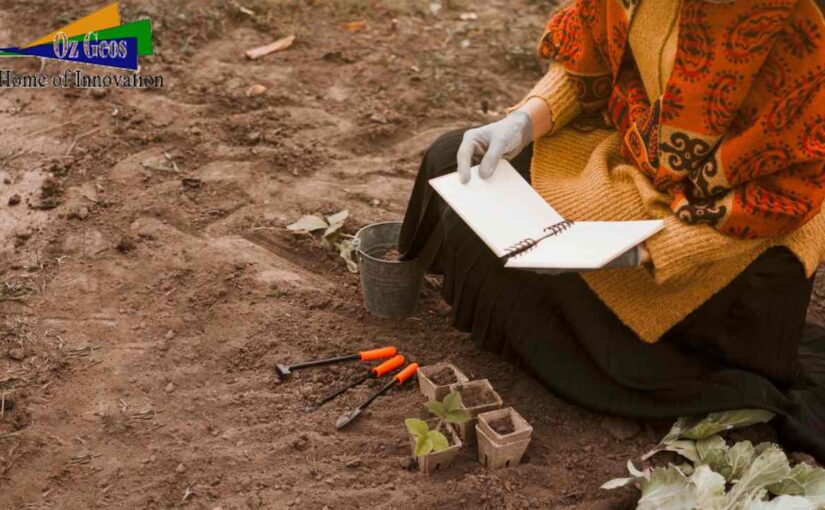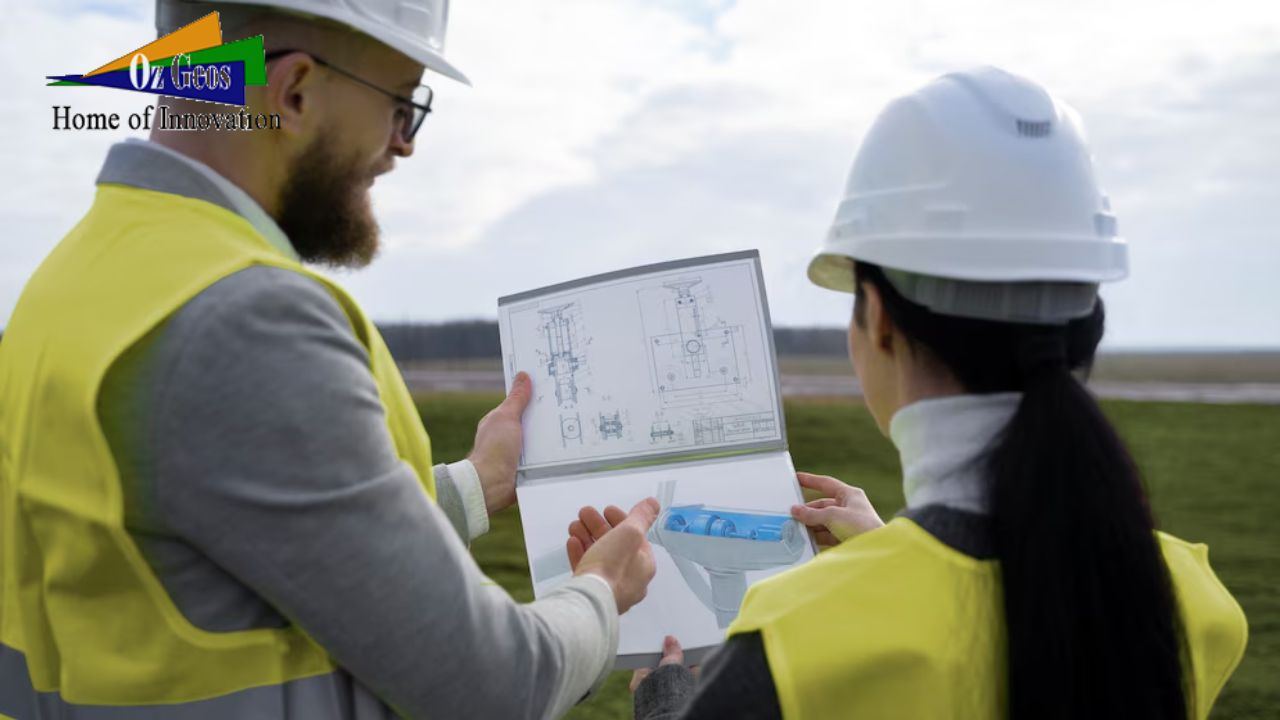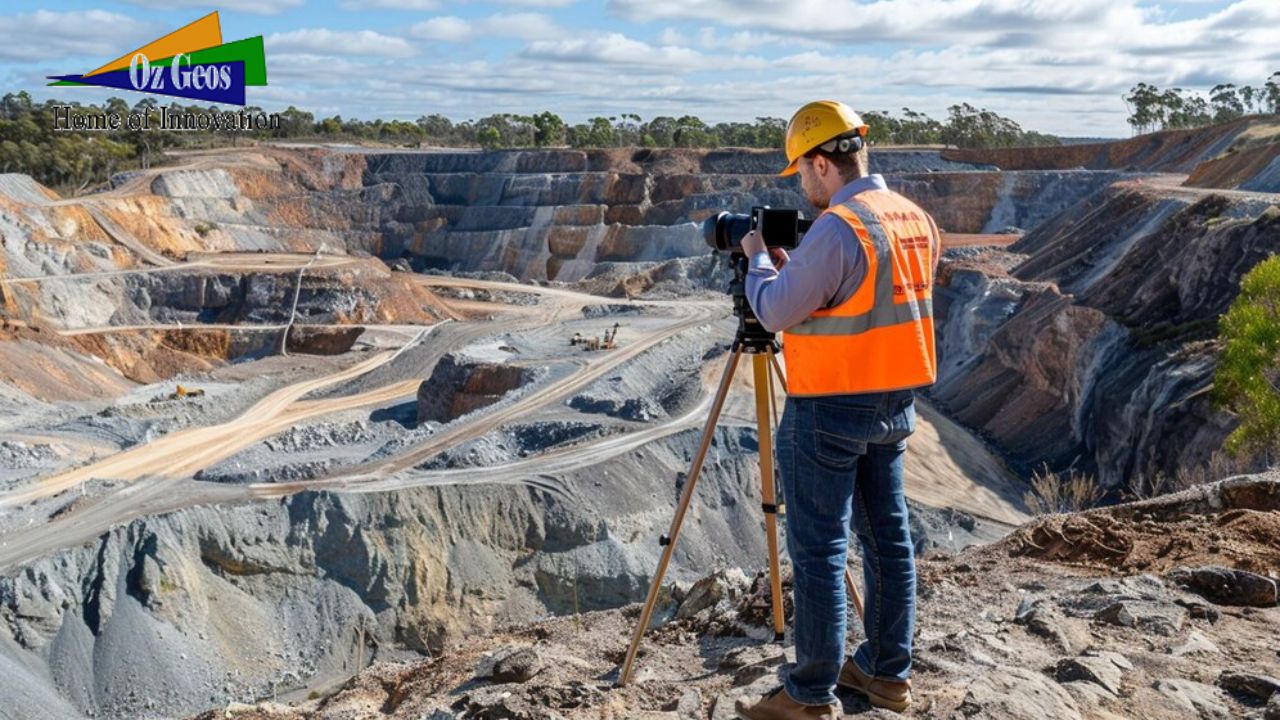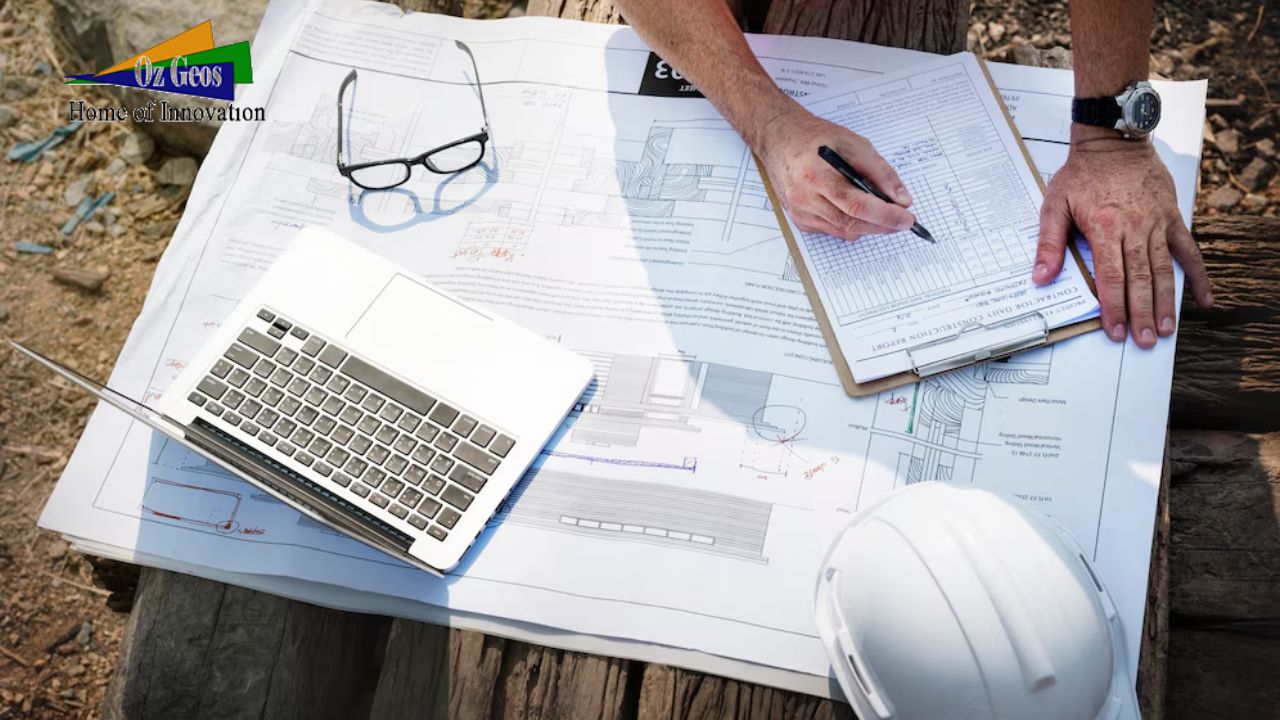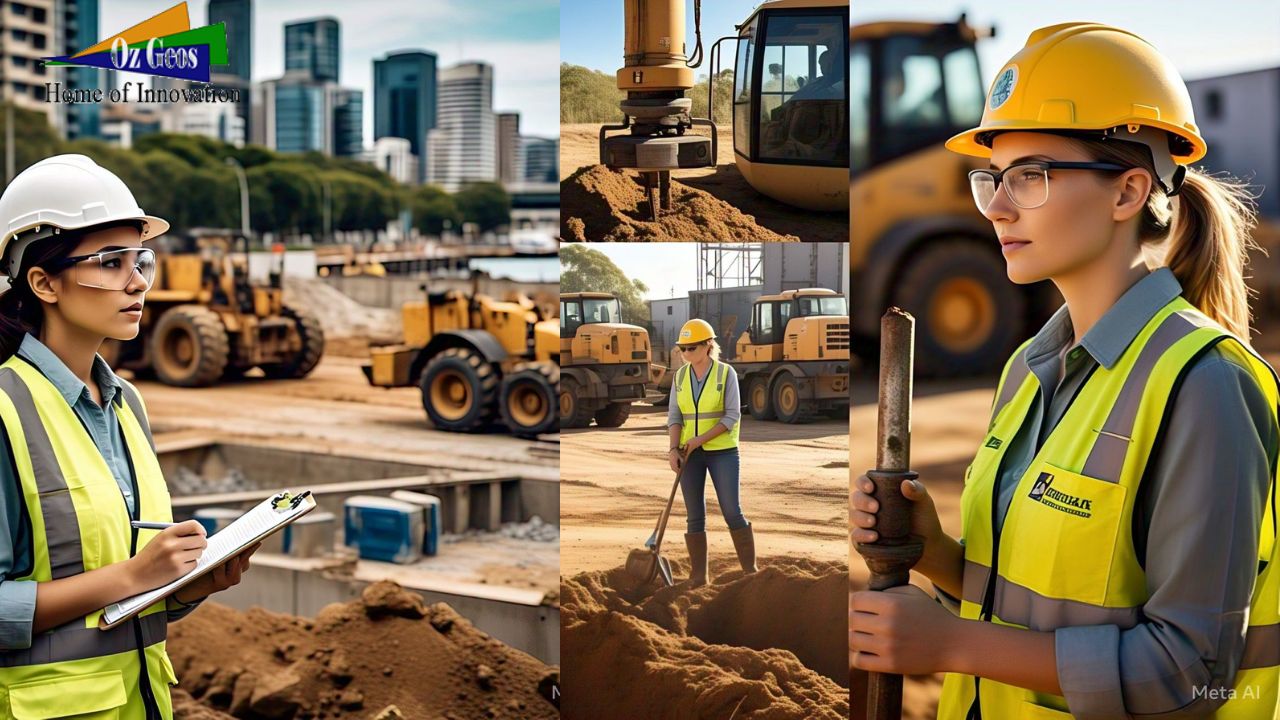How Soil Testing Can Impact Your Project’s Budget and Timeline!
When planning a construction project, whether residential, commercial, or industrial, the
importance of soil testing cannot be overstated. Soil testing, often conducted through
geotechnical investigations, provides crucial insights into the soil’s properties, stability, and
composition. These insights are essential for designing a safe, durable, and cost-effective
structure. While soil testing may seem like an added cost upfront, it plays a critical role in
managing your project’s budget and timeline. In this blog, we’ll explore how soil testing impacts
your construction project’s overall costs and schedule.
- Identifying Potential Problems Early
Soil testing helps identify any underlying issues with the soil at the construction site, such as:
● Weak soil conditions: Soft, loose, or unstable soil can pose significant challenges for
construction, requiring additional reinforcement or foundation work.
● High water tables: Excessive moisture in the soil can affect the foundation and cause
issues like soil erosion or settlement.
● Contaminated soil: In some areas, the soil may be contaminated with hazardous
materials, requiring remediation before construction can begin.
Identifying these problems early on enables the project team to take appropriate measures,
such as choosing stronger foundation types or addressing soil contamination, which helps avoid
costly surprises down the road. Without soil testing, these issues might not be discovered until
the construction phase, leading to delays and unforeseen expenses. - Accurate Foundation Design
The results of soil tests guide structural engineers in designing the most suitable foundation for
your project. For example, if the soil is soft or expansive, deeper or reinforced foundations may
be required to ensure stability. On the other hand, if the soil is solid and stable, a simpler, more
cost-effective foundation design may be possible.
A proper foundation design minimizes the risk of structural failure, settlement, or other issues
that could lead to costly repairs later on. By providing clear direction for the design process, soil
testing helps prevent budget overruns caused by design changes or fixes during construction. - Optimizing Material and Labor Costs
Soil testing helps engineers understand the soil’s composition, which can directly affect the
choice of materials used in construction. For example, if the soil has a high clay content, it may
require specific drainage materials or reinforcement strategies. Alternatively, strong, stable soil
may not need as much reinforcement, allowing for cost savings on materials.
Additionally, knowing the soil conditions can help with labor planning. For example, if the soil is
easy to excavate, labor costs for digging and moving soil will be lower. On the other hand, if
there are challenging soil conditions, such as hard rock or contaminated soil, additional time and
resources may be required to address these challenges, leading to higher labor costs.
- Reducing the Risk of Project Delays
Soil testing can significantly impact the project’s timeline by preventing delays due to
unexpected soil conditions discovered during construction. Without soil testing, contractors may
encounter unforeseen issues that require additional time for problem-solving, redesigns, or
remediations, resulting in project delays.
With comprehensive soil testing, potential delays can be anticipated and planned for in
advance. The construction team can also better estimate the time required for excavation,
foundation work, and other site preparation tasks, leading to more accurate project scheduling. - Ensuring Compliance with Local Regulations
Local regulations and building codes often require geotechnical reports and soil testing before
construction can begin. These reports are used to verify that the foundation and structural
design comply with safety and environmental standards. Failing to provide the necessary soil
testing results can lead to delays in obtaining permits and approvals, which can, in turn, push
back your project timeline and incur additional costs.
By ensuring that the project meets all regulatory requirements from the outset, soil testing helps
avoid delays and associated costs caused by permit issues or inspections. - Long-Term Cost Savings
While soil testing may add an initial expense to the project, it can ultimately result in long-term
savings. By addressing potential soil issues early, designing the most appropriate foundation,
and optimizing material and labor use, you can avoid costly repairs, foundation failures, or other
issues that might arise if proper soil testing isn’t conducted. In fact, the cost of soil testing is
typically far lower than the costs associated with fixing problems that arise later in the
construction process.
Conclusion
Soil testing is a vital step in any construction project that should not be overlooked. By providing
valuable insights into the soil conditions at your site, soil testing helps prevent unexpected
problems, optimize costs, and ensure that your project stays on track. While it may seem like an
additional expense, the long-term benefits of soil testing far outweigh the costs, ensuring that
your project is completed on time, within budget, and to the highest standards of safety and
quality.
At OzGeos, we specialize in comprehensive geotechnical testing and reporting to help guide
your construction projects. With our expertise, we ensure that every detail of your project, from
foundation design to soil stability, is handled with precision and care. Contact us today to learn
more about how soil testing can benefit your next project.

